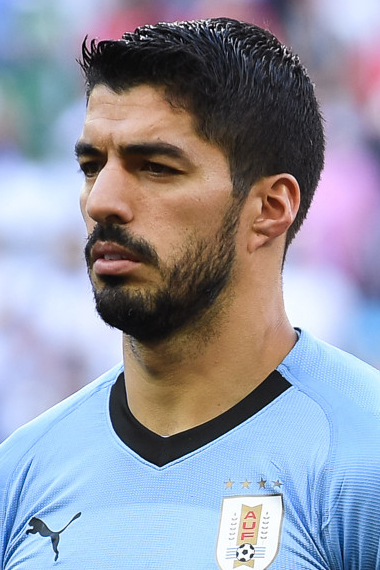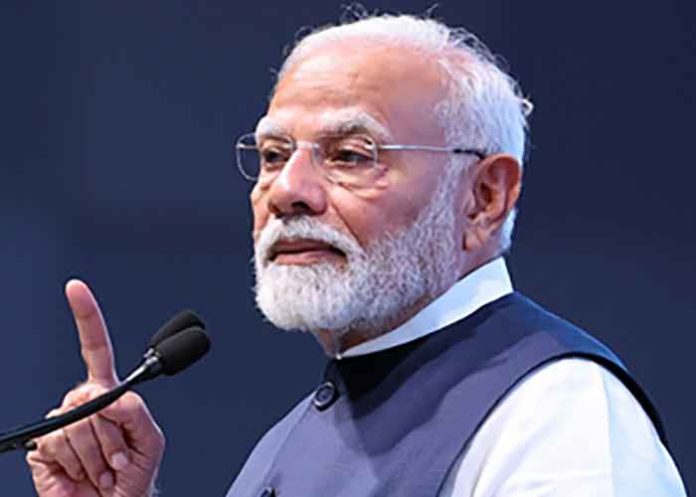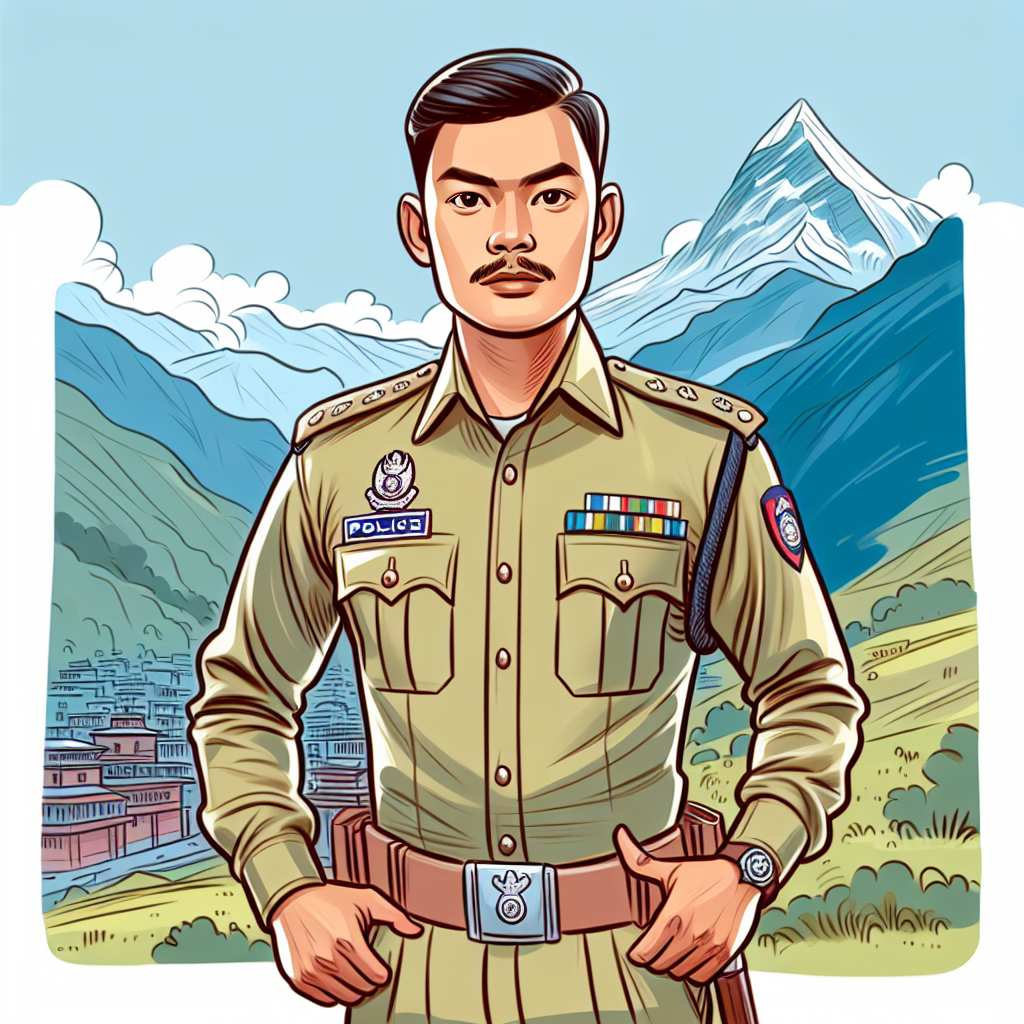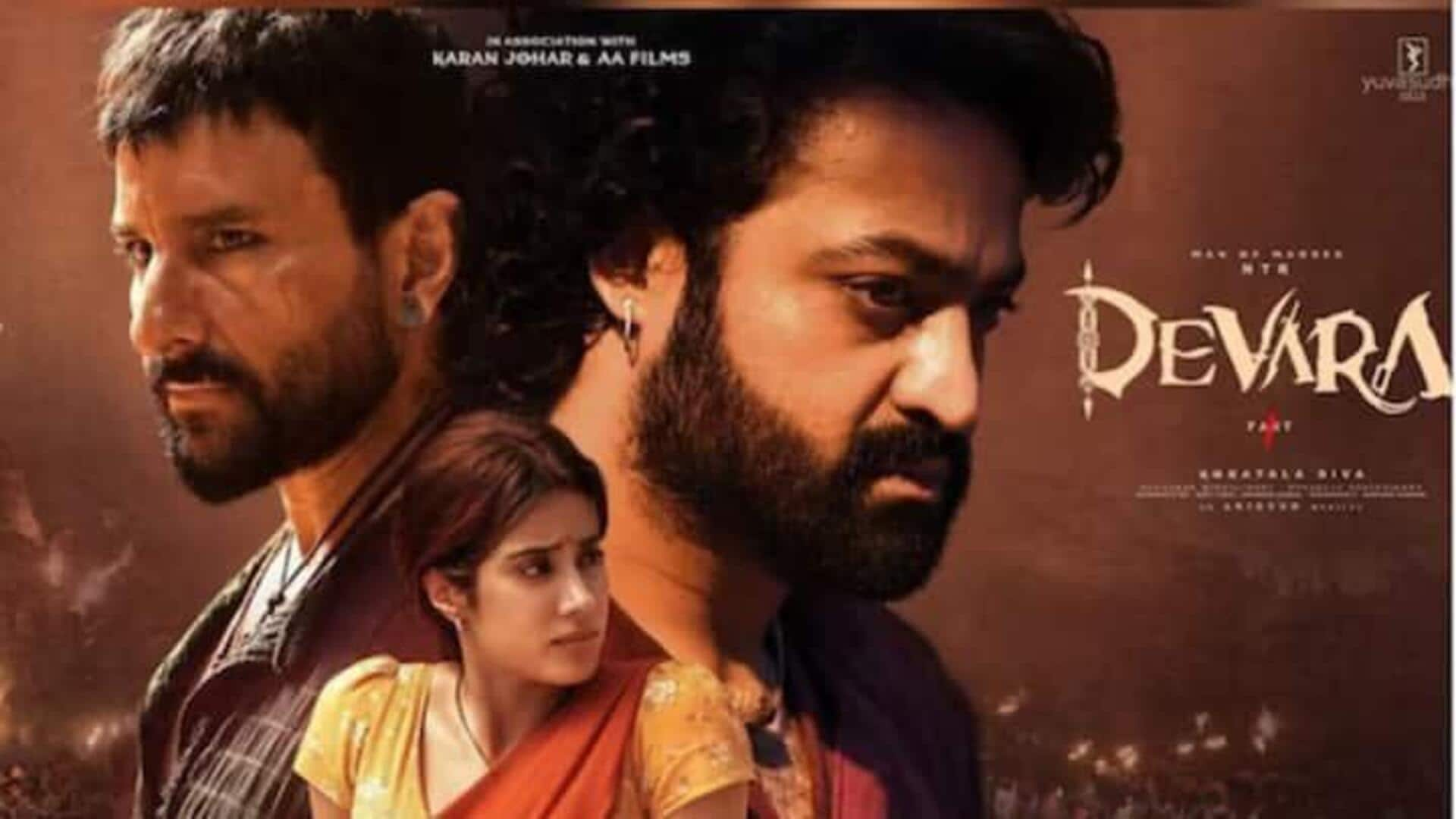
The October long weekend has rolled around again and for many it's a time to relax, enjoy the springtime weather and, for footy fans, watch the NRL grand final. or signup to continue reading But support services are bracing themselves for a surge in women and children seeking help because of an anticipated spike in domestic violence. In 2023, when both the NRL and AFL grand finals fell on the same long weekend, Wollongong-based Women Illawarra saw an increase in referrals from police of on the same weekend the year prior.
The organisation's general manager Michelle Glasgow expects to see another rise this year. "You tend to see breaches of AVOs [apprehended violence orders], alcohol-related violence, assaults, malicious damage," Ms Glasgow said. "Lots of verbal arguments as well.

.. Just a general, across the board, range of offences, unfortunately.
" The link between certain major sporting events and an increase in domestic violence has been well-documented in Australia and around the world. In 2018, a La Trobe University Centre for Alcohol Policy Research study of NSW crime data revealed there was a 40.7 per cent average increase in domestic violence on State of Origin game days; it also found a 71.
8 per cent increase in non-domestic assaults. La Trobe University researcher Dr Kirsty Forsdike said there needed to be further examination into the role of alcohol and gambling, as well as why certain sports were linked to these increases but others weren't, if domestic violence around these events was to be reduced. From her observations, Ms Glasgow said alcohol had a significant impact on violence, and the Australian National Research Organisation for Women's Safety (ANROWS) reported a "solid and persistent connection between alcohol use and violence against women", although its exact function was complex.
Ms Glasgow also noted the passion events like the NRL grand final inspired and the fan demographics, noting the events of concern were male-dominated sports. A study by Dr Forsdike and others found the culture of a particular sport in a particular country, significant rivalry between teams, and the emotional importance of the game might also play a part. Ms Glasgow said the vast majority of perpetrators knew what they were doing was wrong but were socially enabled to do it.
She said that was why men needed to speak out against such violence. "So once they're not socially enabled to get away with it, people change their behaviours, and that behaviour change comes from their peer group," Ms Glasgow said. Addressing domestic, family and sexual violence is part of the charter of non-profit Healthier Illawarra Men (HIM).
Deputy chair and life member of Wollongong Vikings Rugby Club, Toby Dawson, said it was an "extremely weak person" who took out aggression on their partners and families. "I think it's a very cowardly thing to be doing it behind closed doors knowing that there's a level of fear where partners and family won't speak out because of the social judgement they're fearful of, and also that view of retribution," Mr Dawson said. He urged those who would use violence to stop and think about their behaviour.
"If they challenges regulating those emotions, speak to someone, it's OK to have faults and to have failings," he said. "If your ability to regulate your emotions and control your aggression is something that you struggle with, there are services out there, and it's OK to be vulnerable and acknowledge that you need to work on these things." Data from the Australian Institute of Health and Welfare shows more than 4600 women aged 15 and over were hospitalised in the year 2021-22 as a result of family and domestic violence: an average of 13 every day.
In the first six months of 2024, the National Homicide Monitoring Program shows, 15 women , about one every 12 days. There is also emotional and financial abuse that does not leave physical injury but causes harm all the same. "So for the men that say 'We don't know anything about it' or 'I know no one', the challenge for you is to actually look deeply within your networks, within your sphere of influence, and not to finger-point.
.. but to look at the role that's you're playing in that environment, and start to create an environment that shifts behaviour," Mr Dawson said.
He said men needed to calling out behaviour that demeaned or made women feel uncomfortable and bring their friends to account, explaining this was the start of a spectrum that ended with aggression. "Let's make sure that this year is the year that we see a decrease in the number of domestic assaults that happen after the NRL grand final," Mr Dawson said. Ms Glasgow said women could be supported to put in place protective measures, but the pressure had to go back onto the perpetrators of violence and ensure as a community that it was unacceptable for that violence to occur.
"And men need to be aware that, even good men...
when intoxicated or impassioned about something, their physicality can be intimidating to women and children," she said. "They've got to be mindful of the impacts that their behaviours and attitudes have on those that are around them, and not just get caught up in that blokey mentality, it's just 'boys being boys'. "It's not good enough anymore.
" Reporter at the Illawarra Mercury, mostly covering social affairs. Previously of the Bendigo Advertiser, Northern Daily Leader and Quirindi Advocate. Our Watch award winner.
Reporter at the Illawarra Mercury, mostly covering social affairs. Previously of the Bendigo Advertiser, Northern Daily Leader and Quirindi Advocate. Our Watch award winner.
Advertisement Sign up for our newsletter to stay up to date. We care about the protection of your data. Read our .
Advertisement.










